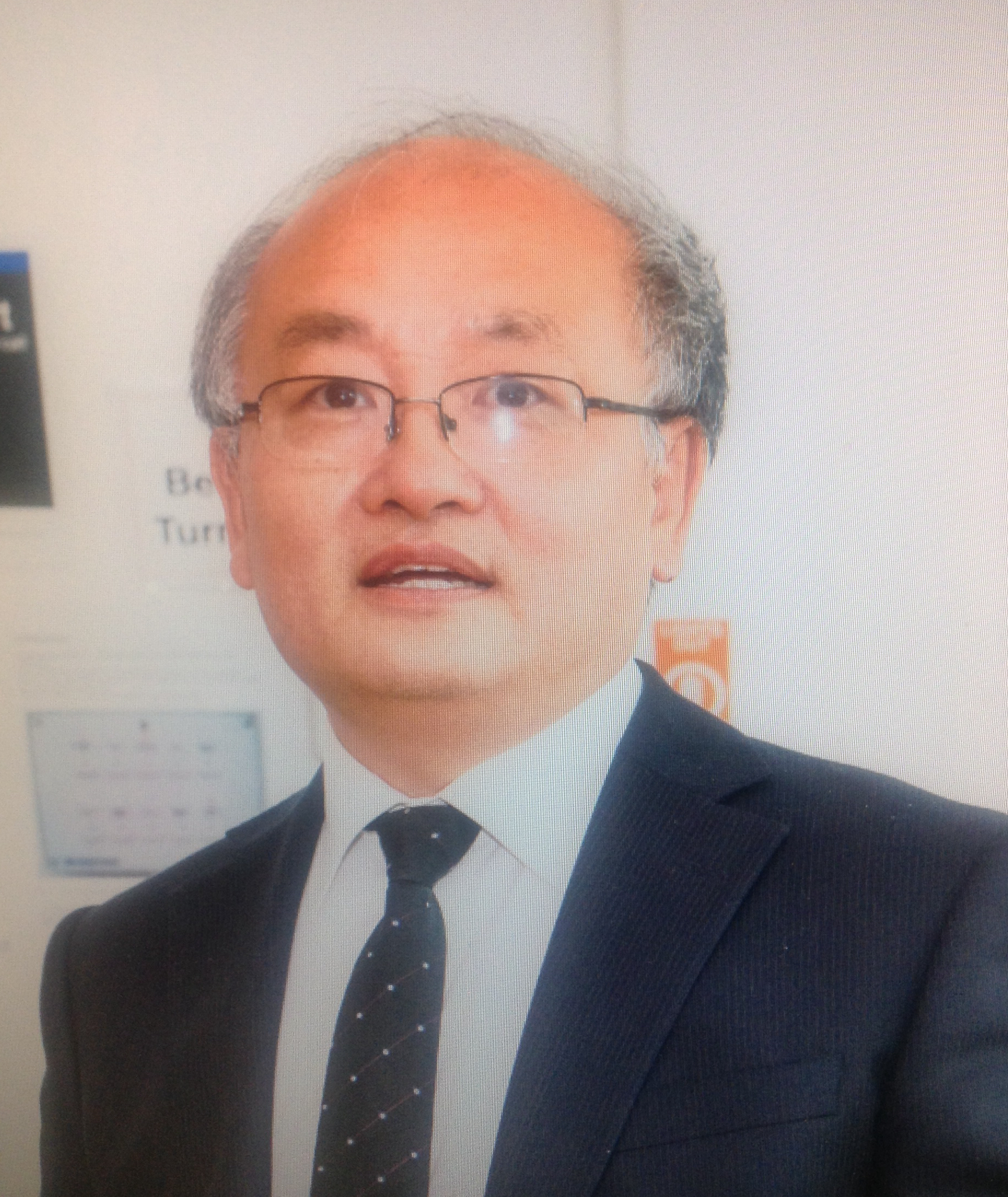
Zhicheng Xiao
Monash University, Australia
Title: Neurodegeneration research: from molecules, big animal models to human beings
Biography
Biography: Zhicheng Xiao
Abstract
Appropriate connections or interactions among different neural cell types are essential for the correct and efficient functioning of the nervous system during development and regeneration after trauma or degeneration. The aim of my research is to understand the molecular events that mediate communication among neural cells in the nervous system during development, myelination, learning and memory, degeneration, and regeneration. These studies have yielded insights into the therapeutic potential of cell signalling molecules to ameliorate or even ablate the detrimental consequences of nervous system injury and neurodegenerative diseases, including stroke, traumatic brain injury, spinal cord injury, Alzheimer Disease (AD), and Multiple Sclerosis (MS). Using genome-wide chromatin immunoprecipitation approaches, we found that AICD is specifically recruited to the regulatory regions of several microRNA genes, and acts as a transcriptional regulator for miR-663, by which suppresses neuronal differentiation in human neural stem cells. We have generated transgenic pigs expressing mutant G93A hSOD1 and showing hind limb motor defects, which are germline transmissible, and motor neuron degeneration in dose- and age-dependent manners. Furthermore, in a case report we present the treatment of aggressive MS patient with multiple allogenic human umbilical cord-derived mesenchymal stem cell and autologous bone marrow-derived mesenchymal stem cells over a 4 y period. The treatments were tolerated well with no significant adverse events. Clinical and radiological disease appeared to be suppressed following the treatments and support the expansion of mesenchymal stem cell transplantation into clinical trials as a potential novel therapy for patients with aggressive MS.
